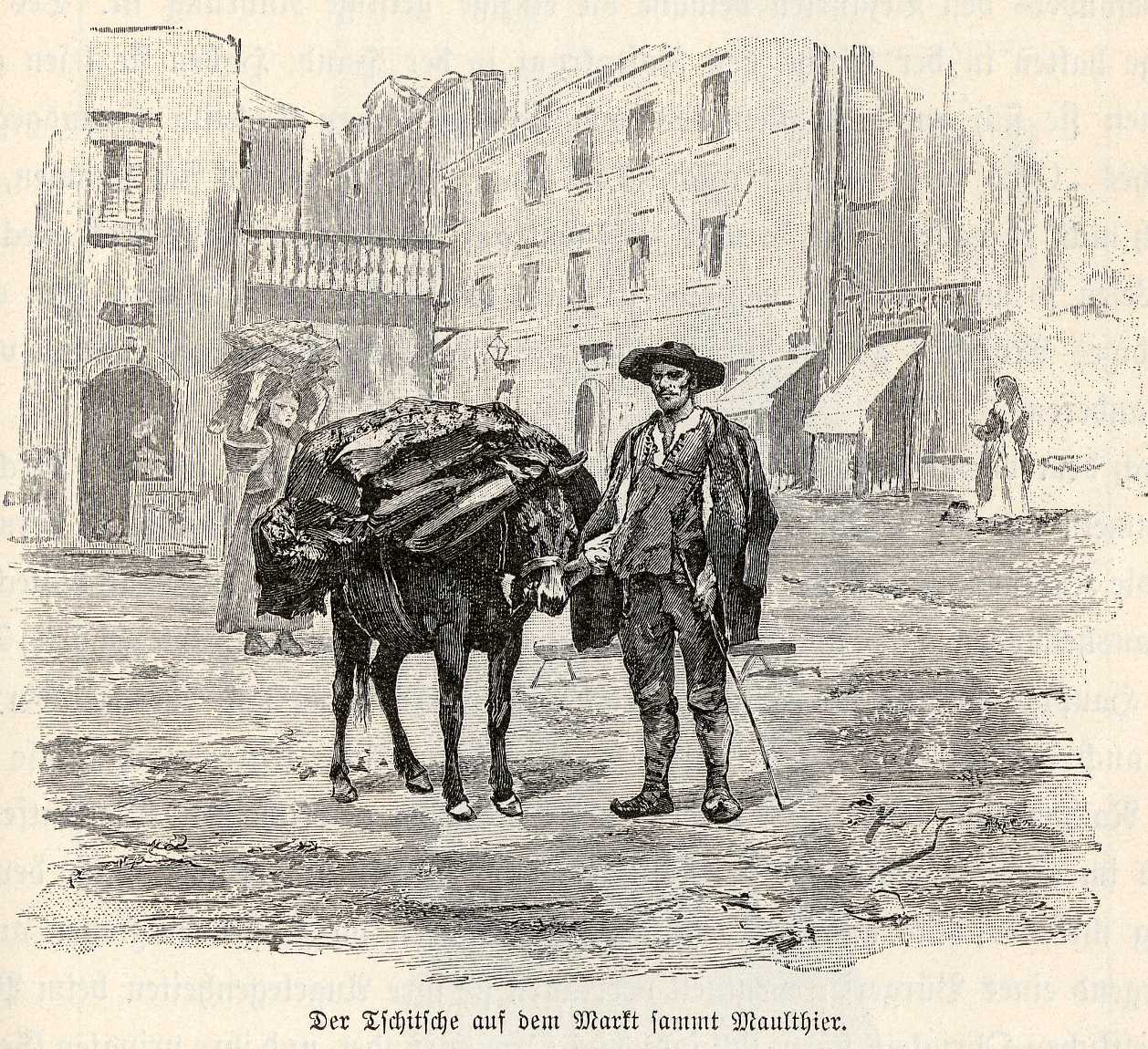|
Ćićarija
Ćićarija ( sl, Čičarija; it, Cicceria, Monti della Vena; ruo, Cicearia; german: Tschitschen Boden), is a mountainous plateau in the northern and northeastern part of the Istria peninsula, long and wide. It mostly lies in Croatia, while its northern part lies in southwestern Slovenia (the traditional region of Inner Carniola). The highest peak is Veliki Planik at . At (2001), Ćićarija is sparsely populated, due to its karst landscape, poor economic development and rough climate. Name The name ''Ćićarija'' is derived from the South Slavic term ''Ćići, Ćić'', which refers to Istrians living in the area around the Učka, Učka Mountains, originally referring to the Vlachs and Istro-Romanians of the area. The ethnonym is believed to derive from the Istro-Romanian language, Istro-Romanian word ''ce'' 'what', which is a semantic basis for other regional ethnonyms (cf. ''Kajkavian dialect, Kajkavian'', ''Chakavian dialect, Chakavian'', etc.). Sources * * * References ... [...More Info...] [...Related Items...] OR: [Wikipedia] [Google] [Baidu] |
Ćići
Ćić (plural Ćići, sl, Čiči, german: Tschitschen, it, Cicci, Chicchi, Ciccio, Cici), is an ethnonym and Exonym and endonym, exonym in a broader sense for all the people who live in the mountainous Ćićarija area in Croatia and Slovenia. Alongside the term ''Ćiribirci'', in the narrow sense, it is an exonym referring to a community of the Istro-Romanians in the village Žejane in a small part of eastern Ćićarija and the villages around the former Lake Čepić west of the Učka range in Istria, Croatia. Etymology The first, unspecified thesis of possible Romance origin was given by Franz Miklosich in 1860 when he designated all ''Čiči'' as "overall Slavicized Romanians". Linguist and phonologist Josip Ribarić (1880–1954), a native of Vodice in Ćićarija, disproved this thesis with historical documents, anthroponyms and language dialects in the Karst Plateau, karst. According to him, the term ''Ćići'' initially referred to the Romance language, Romance-speaking Balk ... [...More Info...] [...Related Items...] OR: [Wikipedia] [Google] [Baidu] |
Istro-Romanians
The Istro-Romanians ( ruo, rumeri or ) are a Romance ethnic group native to or associated with the Istrian Peninsula. Historically, they inhabited vast parts of it, as well as the western side of the island of Krk until 1875. However, due to several factors such as the industrialization and modernization of Istria during the socialist regime of Yugoslavia, many Istro-Romanians emigrated to other places, be they Croatian cities such as Pula and Rijeka or places such as New York City, Trieste and Western Australia. The Istro-Romanians dwindled severely in number, being reduced to eight settlements on the Croatian side of Istria in which they do not represent the majority. It is known that the Istro-Romanians are actually not indigenous to Istria, since the differences between the Istro-Romanian language and the now extinct geographically close Dalmatian are notable. In addition, they count several similarities with the Transylvanian Romanians and Timok Vlachs, suggesting that t ... [...More Info...] [...Related Items...] OR: [Wikipedia] [Google] [Baidu] |
